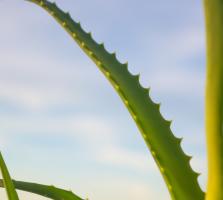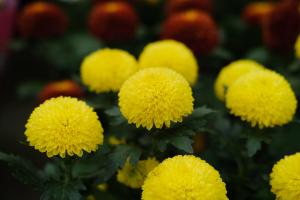Will Water Softener Discharge Kill Plants?
Water softeners are systems that treat hard water by removing dissolved minerals such as calcium and magnesium. While they offer many benefits, including softer hair and skin and cleaner clothes and dishes, the discharge from water softeners may pose a threat to plants.
The Effects of Water Softener Discharge on Plants
The high concentration of salt in water softener discharge may affect the growth and health of plants. The salt buildup in the soil can cause water stress on plants, leading to stunted growth, wilting, and leaf burn. The excess salt can also change the pH of the soil and affect the plant's ability to absorb essential nutrients.
Additionally, the discharge may increase the level of sodium in the soil, which can be toxic to some plants, especially those that are sensitive to salt. The accumulation of sodium in the soil can also reduce the soil's water-holding capacity, making it difficult for plants to absorb water and essential nutrients.
How to Prevent Water Softener Discharge from Harming Plants?
If you have a water softener system in your home, it's essential to take measures to prevent the discharge from harming your plants. Here are some tips:
Direct the drainage hose of your water softener system away from your plants and into the sewer or septic tank.
Use rainwater to water your plants instead of tap water or water softener discharge.
If you must use water softener discharge to water your plants, dilute it with fresh water and apply it sparingly.
Install a separate drainage system for your water softener system that bypasses the garden or landscaping area.
The Bottom Line
Water softener discharge can be harmful to plants if not properly managed. To prevent the discharge from affecting your plants, it's important to redirect the drainage hose away from your plants, use rainwater or fresh water to water your plants, dilute the discharge if you must use it, and install a separate drainage system. By taking these measures, you can improve the health and growth of your plants and protect the environment.

 how many times do yo...
how many times do yo... how many planted tre...
how many planted tre... how many pine trees ...
how many pine trees ... how many pecan trees...
how many pecan trees... how many plants comp...
how many plants comp... how many plants can ...
how many plants can ... how many plants and ...
how many plants and ... how many pepper plan...
how many pepper plan...































